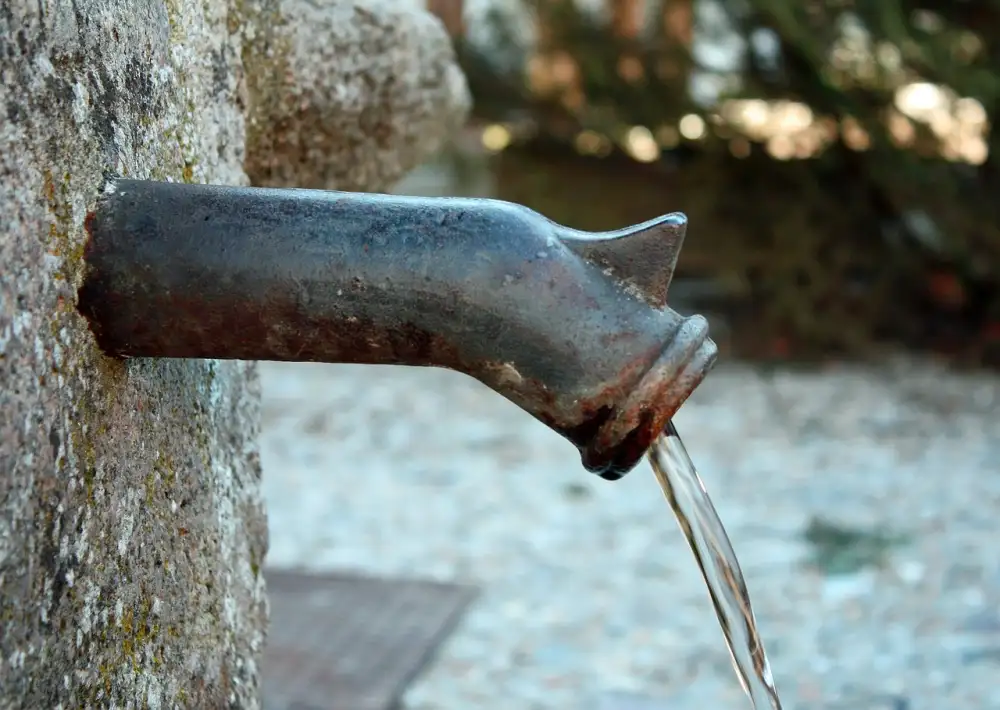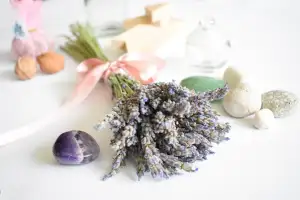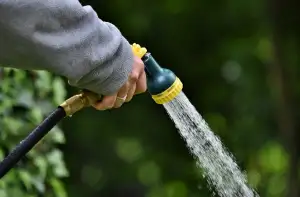Revive Your Rusty Cast Iron: Expert Tips on How to Clean and Restore

Cast iron cookware has been a staple in kitchens for centuries, known for its durability and even heat distribution. However, over time, these beloved pieces can develop rust, diminishing their performance and appearance. But fear not! With the right techniques and materials, you can easily revive your rusty cast iron and bring it back to its former glory. In this article, we will guide you through the process of cleaning and restoring your cast iron, ensuring that it remains a cherished part of your culinary arsenal for years to come. So let's get started on this journey to revitalize your rusty cast iron!
Gather the necessary materials for cleaning
To effectively clean and restore your rusty cast iron, it's important to gather the necessary materials beforehand. Here's a list of items you'll need:
1. Stiff brush: Look for a brush with tough bristles that can easily remove rust and grime from the surface of the cast iron.
2. Vinegar or lemon juice: These acidic substances work wonders in removing rust. Choose either one based on personal preference or availability.
3. Baking soda: This versatile ingredient will help create a paste to tackle stubborn rust spots.
4. Water: You'll need water to mix with baking soda and dilute vinegar or lemon juice.
5. Paper towels or cloth: These will be useful for wiping away excess moisture and oil during the cleaning process.
6. Cooking oil: Opt for a high-smoke point oil like vegetable oil or flaxseed oil to season and protect your cast iron after cleaning.
By having all these materials ready, you'll be well-prepared to tackle the task of reviving your rusty cast iron back to its former glory.
Scrub the cast iron with a stiff brush
Once you have gathered all the necessary materials, it's time to start scrubbing away the rust from your cast iron. Use a stiff brush, preferably one with bristles made of natural fibers like coconut or bamboo. The stiffness of the brush will help remove any loose rust particles and dirt that may have accumulated on the surface of the cast iron. Make sure to scrub in circular motions and apply some pressure to effectively remove the rust. Be thorough and cover all areas of the cast iron to ensure an even cleaning process.
Use vinegar or lemon juice to remove rust
To remove rust from your cast iron, you can use vinegar or lemon juice, both of which are natural and effective rust removers. Simply pour enough vinegar or lemon juice onto the rusty areas to fully cover them. Let it sit for a few hours, allowing the acid in the liquid to break down the rust. Then, scrub the area with a stiff brush until all the rust is removed. Rinse the cast iron thoroughly with water and dry it completely before moving on to the next step.
Create a paste with baking soda and water for stubborn rust
If you're dealing with stubborn rust on your cast iron, creating a paste with baking soda and water can be highly effective. Start by mixing equal parts of baking soda and water in a bowl until it forms a thick paste. Apply the paste to the rusty areas of the cast iron, making sure to cover the entire surface. Let it sit for about 30 minutes to an hour, allowing the baking soda to work its magic on the rust. Then, using a stiff brush or scrub pad, vigorously scrub the paste into the rusted areas. The abrasive nature of baking soda will help break down the rust and lift it off the surface of your cast iron. Rinse thoroughly with warm water and dry completely before moving on to the next step in restoring your cast iron's shine.
Apply a layer of oil to prevent future rusting
To prevent future rusting, it is essential to apply a layer of oil to your cast iron. After thoroughly cleaning and drying the pan, use a cloth or paper towel to apply a thin coat of vegetable oil or any other food-grade oil. Make sure to cover the entire surface, including the handle and any crevices. This layer of oil acts as a protective barrier against moisture and oxygen, which are the main culprits behind rust formation. Remember to reapply the oil after each use and before storing your cast iron to keep it in pristine condition for years to come.
Store the cast iron properly to maintain its condition
To maintain the condition of your newly restored cast iron, proper storage is essential. After cleaning and drying the pan thoroughly, make sure it is completely cool before storing it. Store the cast iron in a dry place to prevent moisture from causing rust. You can place a paper towel or cloth inside the pan to absorb any excess moisture. Avoid stacking other heavy objects on top of the cast iron as this can cause damage. Lastly, consider covering the pan with a clean cloth or placing it in a protective bag to further protect it from dust and scratches. By following these storage tips, you can ensure that your cast iron stays in excellent condition for years to come.
In conclusion, cleaning and restoring rusty cast iron is a simple process that can bring your cookware back to life. By following the steps outlined in this article, you can remove rust and prevent future corrosion.
To maintain the condition of your cast iron, it is important to remember a few key tips. Firstly, always dry your cast iron thoroughly after cleaning to prevent moisture from causing rust. Additionally, avoid using harsh detergents or abrasive cleaners as they can strip away the seasoning on your cast iron.
Furthermore, make sure to store your cast iron in a dry place with good ventilation. Moisture can lead to rust formation, so it's best to keep your cookware in a cool and dry environment.
Lastly, regularly season your cast iron by applying a thin layer of oil after each use. This will help create a protective barrier against moisture and prevent rust from forming.
By following these maintenance tips, you can ensure that your cast iron cookware remains in excellent condition for years to come. So go ahead and revive your rusty cast iron – it's time to bring back the wonder of cooking with this versatile and durable material!
Published: 31. 12. 2023
Category: Home



